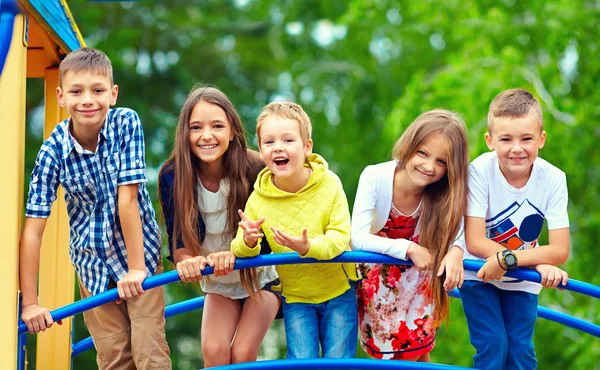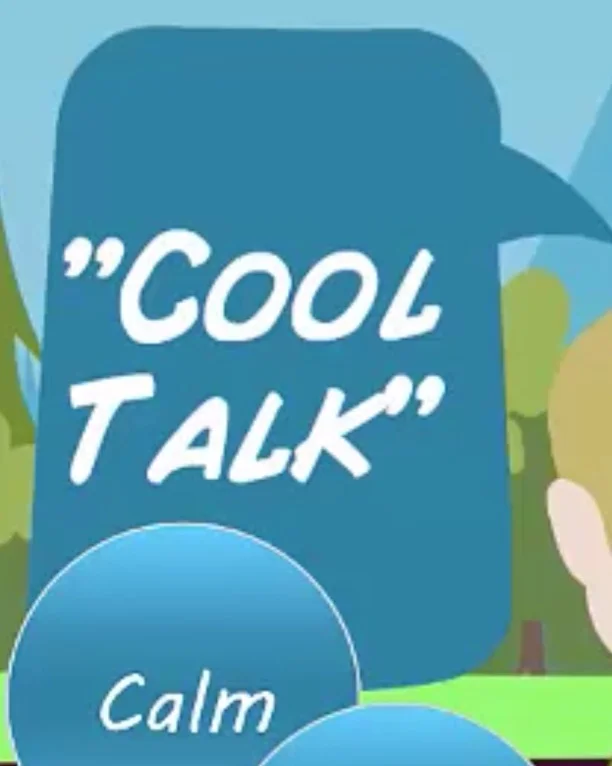4 ways to increase kind behaviour in children and young people with social, emotional or life challenges
/A few years ago I had to cancel an appointment with an 11 year old girl as I was ill that day. The next session she bought me a detailed “get well” drawing which she had obviously spent some time on. It was a lovely gesture which made my day - and I stuck it up on my office wall where it stayed for quite some time. It also told me something about this child’s strengths in empathy and emotional connection skills.
Many research studies have found that children who frequently act kindly towards other people are more likely than others to do well in many life areas. For example, a longitudinal (long range) study published in 2015 by Jones and colleagues found that children who showed a much kindness and other “prosocial” behaviour when they were 5 years old had better mental health, lower levels of substance use, better relationships with others and better performance in the workplace when assessed nearly 20 years later (and this “more kind behaviour – better outcomes” relationship held true regardless of low or high school achievement at age 5). This theme has been replicated in other studies – children and young people who act kindly have better outcomes in many areas.
Read More




